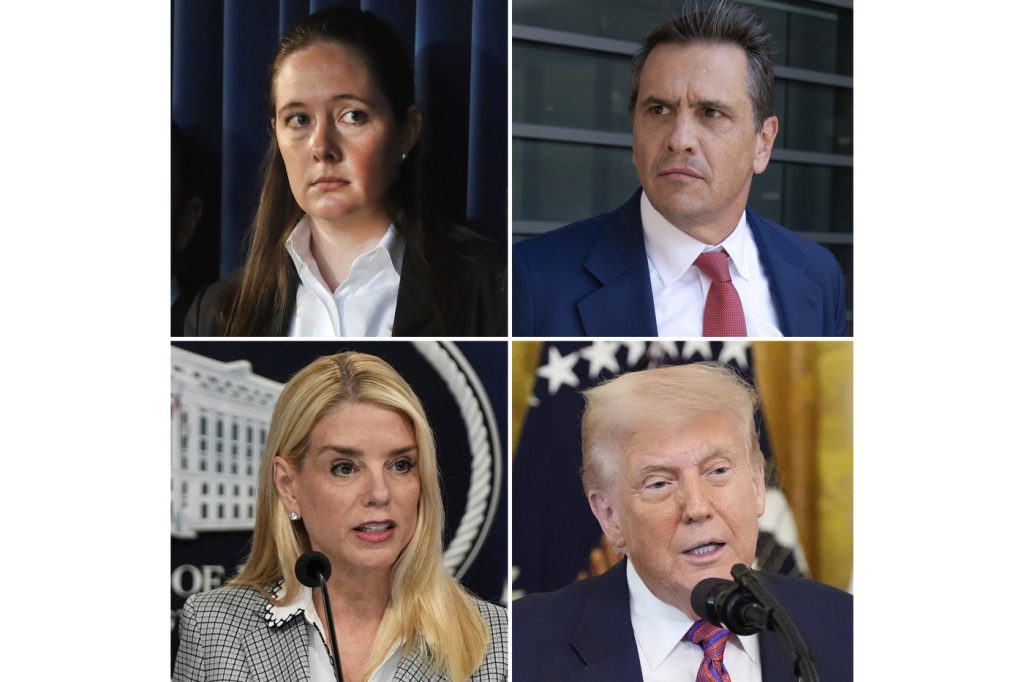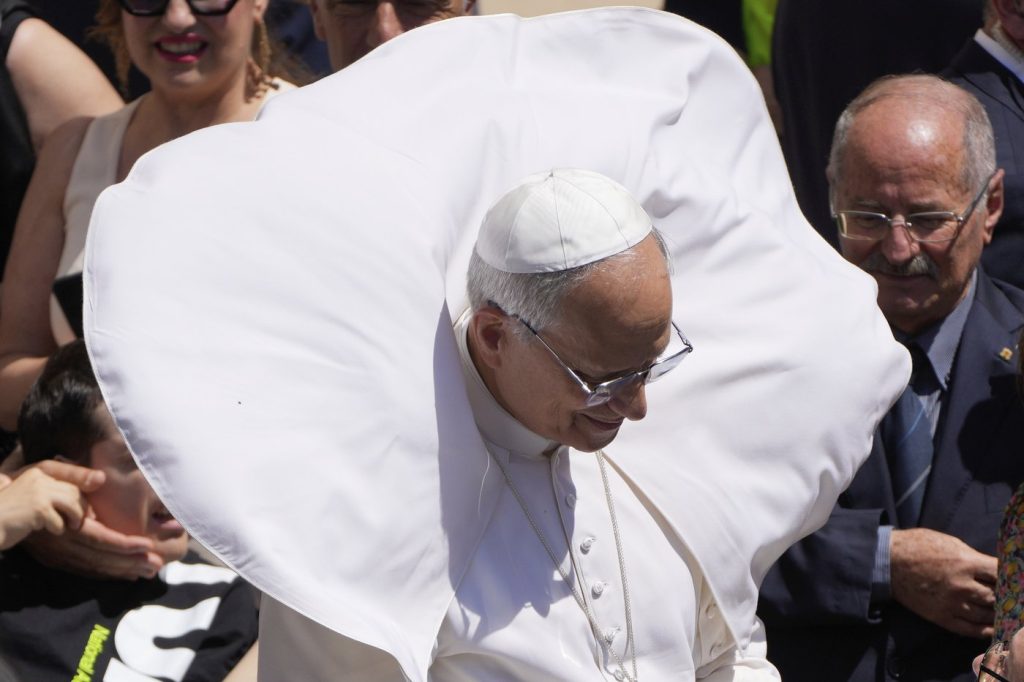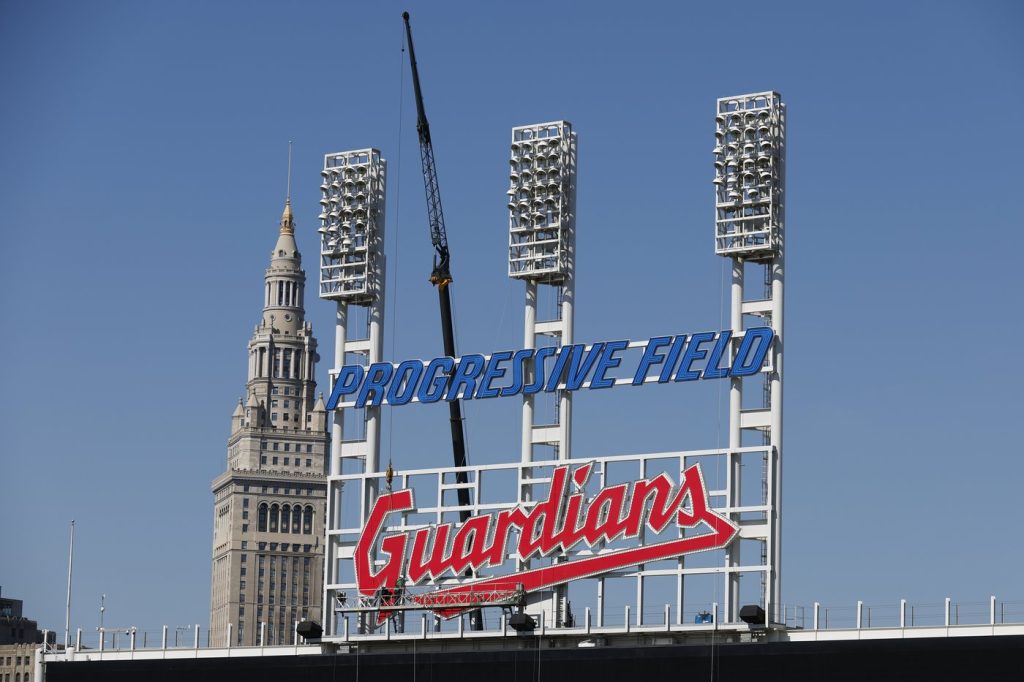In a recent development, the U.S. Justice Department has requested the unsealing of grand jury transcripts related to the prosecution of Jeffrey Epstein, a notorious sexual abuser, and his former girlfriend, Ghislaine Maxwell. However, former federal prosecutors express skepticism that this request will yield substantial revelations regarding Epstein's crimes.
Sarah Krissoff, an attorney who served as an assistant U.S. attorney in Manhattan for over a decade, characterized the request as a "distraction." She noted that the current administration is attempting to project an image of action while the reality may offer little new insight into the infamous case. Meanwhile, Deputy Attorney General Todd Blanche emphasized that transparency is a priority for the administration in his request submitted to judges.
Epstein, who died in 2019 while in federal custody, faced charges of sex trafficking, while Maxwell is currently serving a 20-year prison sentence for her role in facilitating Epstein's crimes. As the Justice Department grapples with public backlash regarding its earlier promise to release more Epstein-related documents, the request to unseal grand jury transcripts aims to mitigate criticism.
Both Krissoff and Joshua Naftalis, another former federal prosecutor, pointed out that grand jury presentations are typically concise. Naftalis explained that prosecutors present just enough evidence to secure indictments, which do not encompass the entirety of the case files compiled by the FBI. Krissoff suggested that the transcripts might be as brief as 60 pages, since the Southern District of New York generally provides minimal information to grand juries, effectively "spoon-feeding" indictments.
Ex-prosecutors further highlighted that grand jury witnesses are predominantly federal agents summarizing their findings, contrasting with the broader state or federal grand jury proceedings where witnesses might testify extensively before an indictment. This managed approach in Manhattan suggests that the anticipated unsealed transcripts may not satisfy public curiosity for comprehensive information.
As the situation unfolds, both Krissoff and Naftalis predict that judges who oversaw the Epstein and Maxwell cases may deny the government’s request. In Maxwell's case, legal appeals are still in process, while concerns regarding the anonymity of numerous victims remain significant. The judges are likely to approach the issue with caution, especially given the sensitive nature of the allegations and the ongoing implications for the victims involved.
Krissoff referenced the traditional grand jury secrecy, suggesting that the request might not meet judicial approval simply based on public interest or intrigue. The 1997 ruling from the 2nd U.S. Circuit Court of Appeals, which allows judges considerable discretion in releasing grand jury information, may not sufficiently justify unsealing the transcripts in this case.
The request from the Justice Department has drawn attention as it marks an unusual involvement in a case deemed independent by the Southern District of New York, often regarded as the "Sovereign District." Krissoff pointed out this shift in protocol as an indication that senior officials are exerting influence over significant local prosecutions, which is uncommon in the district's historical context.
Cheryl Bader, another former federal prosecutor, noted that any decision regarding the release of the transcripts could take weeks or even months. The presence of underage victims in the case further complicates the judicial proceedings, with judges likely to err on the side of caution regarding disclosures. Bader also stressed that the goal of satisfying public conspiracy theories should not outweigh the necessity of maintaining grand jury secrecy.
Overall, the comments from legal experts suggest a complicated landscape ahead for the Justice Department's request, one that acknowledges the historical importance of grand jury confidentiality while navigating public demand for transparency in high-profile cases like that of Epstein and Maxwell. As the judicial process continues, all eyes remain on the response from the courts and the implications of the administration's involvement in such cases.












